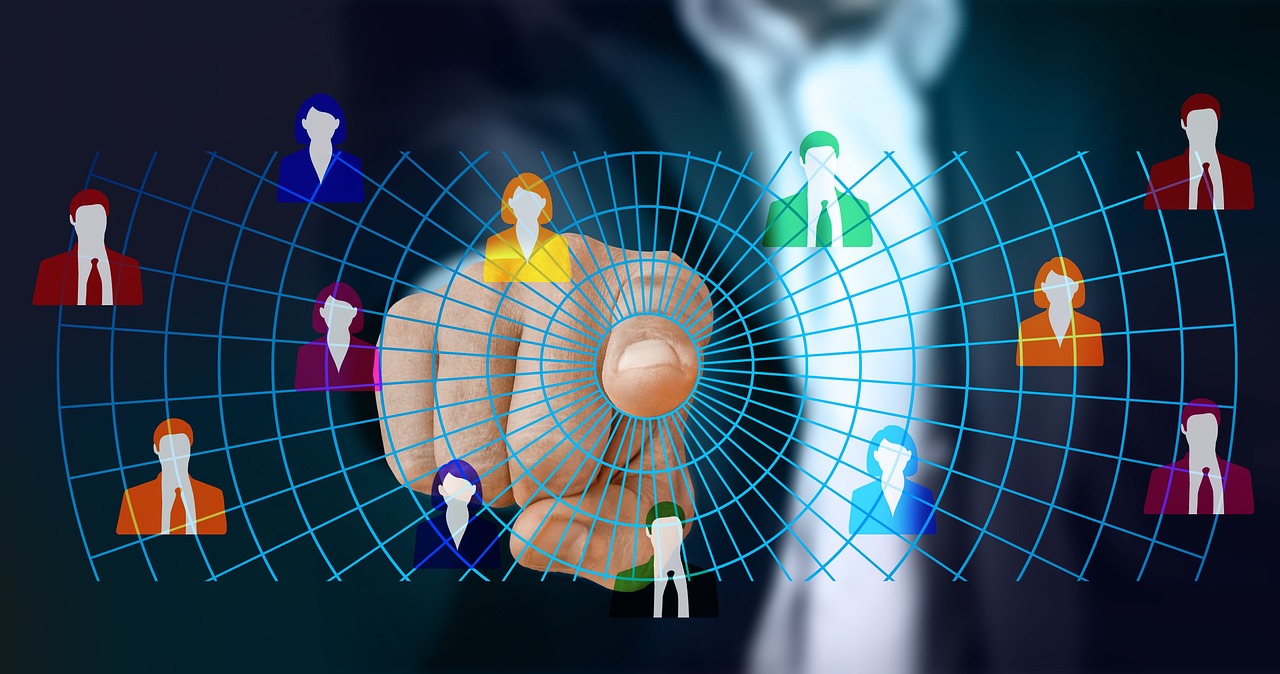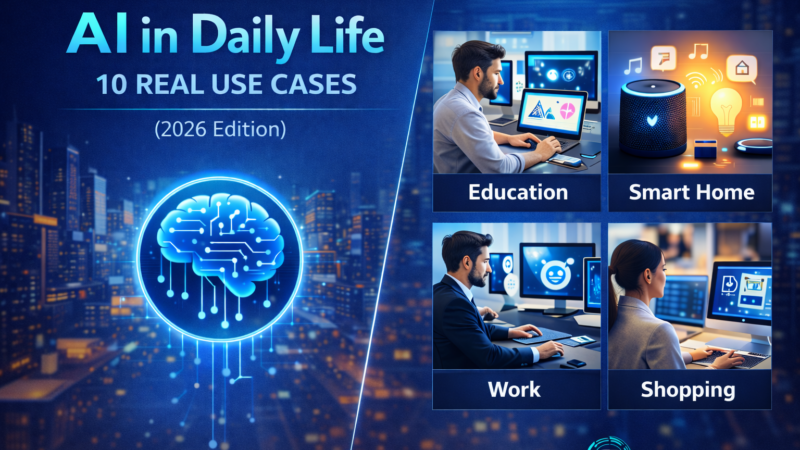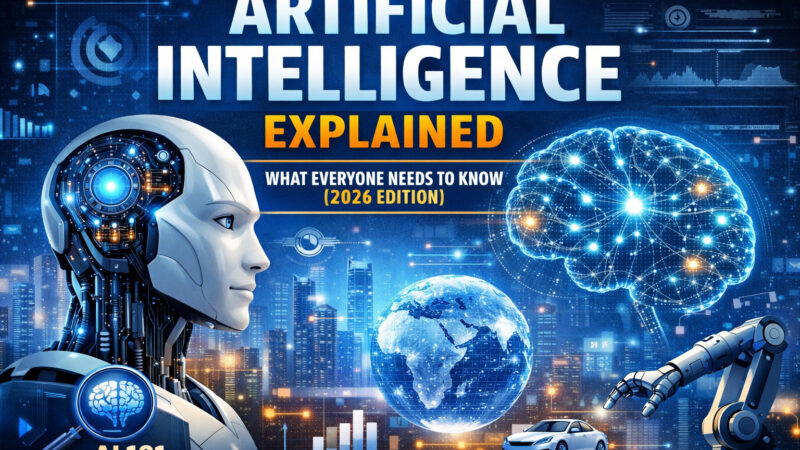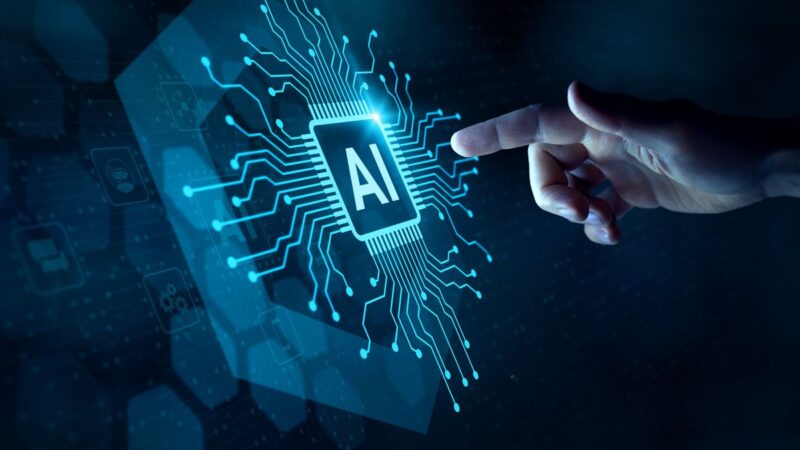Artificial Intelligence: What Everyone Needs to Know

Artificial Intelligence (AI) has quickly moved from being a futuristic concept in science fiction to becoming one of the most influential technologies of our time. Today, AI powers everyday conveniences like voice assistants, personalized shopping recommendations, and smart home devices. It also drives life-saving innovations such as medical diagnostics, fraud detection, and self-driving vehicles.
But despite its growing presence, many people are still unsure about what AI really is, how it works, and why it matters so much. This article will guide you through everything you need to know about artificial intelligence—its history, its impact on our lives, the opportunities it creates, and the challenges we must address to use it responsibly.
Understanding Artificial Intelligence
Artificial Intelligence refers to the ability of machines to perform tasks that typically require human intelligence. This includes learning from experience, recognizing patterns, solving problems, understanding languages, and even making decisions. Unlike traditional software that follows strict instructions, AI adapts and improves based on the data it receives.
To put it simply, AI is about teaching machines how to “think” and “act” in ways that mimic human intelligence. Think about how Netflix suggests shows you’ll enjoy or how Google Maps predicts the fastest route during rush hour—these are everyday examples of AI at work.
A Brief History of AI
Although AI feels like a modern innovation, its roots go back to the 1950s. Early researchers envisioned machines that could mimic human problem-solving and decision-making. For decades, progress was slow due to limited computing power and lack of data.
The true breakthrough came in the 2000s when the rise of big data and faster processors allowed AI to flourish. Suddenly, machines could analyze millions of pieces of information within seconds, paving the way for applications like speech recognition, image processing, and predictive analytics.
Today, AI is no longer an experiment in research labs—it is a mainstream technology shaping industries and daily life in powerful ways.
How AI Works
At its core, AI operates through three major components: data, algorithms, and computing power. Data provides the raw material; algorithms provide the rules and logic; computing power ensures that these algorithms can process data quickly and accurately.
For example, when you upload a photo on social media, AI algorithms scan it to detect faces, recognize objects, and even recommend tags. The system improves with every photo analyzed, which is why AI becomes smarter the more we use it.
Where We See AI in Action
Artificial Intelligence is not confined to a single industry—it is everywhere. In healthcare, AI assists doctors by analyzing scans and predicting diseases earlier than traditional methods. In finance, AI algorithms monitor millions of transactions daily to detect fraud in real-time. Businesses use AI-powered chatbots to provide 24/7 customer service, while marketing teams rely on AI for personalized advertising campaigns.
Even in our personal lives, AI has become part of our daily routines. Virtual assistants like Siri and Alexa respond to voice commands, streaming platforms suggest what to watch next, and smart appliances learn our preferences to make life easier.
This widespread adoption highlights one crucial fact: AI is not the future—it is already the present.
Benefits of AI
The advantages of artificial intelligence are vast. For businesses, AI brings efficiency and cost savings by automating repetitive tasks. It improves accuracy, reduces errors, and enhances decision-making by providing insights that humans might overlook. For consumers, it offers convenience, personalization, and speed in almost every digital interaction.
One of the most significant benefits of AI lies in its potential to solve global challenges. From predicting climate patterns to developing cures for diseases, AI can process data on a scale impossible for humans, opening doors to solutions that were once unimaginable.
Challenges and Risk
Despite its benefits, AI also raises important challenges. One concern is the impact on jobs, as automation replaces certain roles, particularly repetitive ones. Another major issue is bias: if AI is trained on flawed or incomplete data, its decisions may reinforce existing inequalities.
Privacy is another pressing concern. AI systems collect vast amounts of personal data, raising questions about how this information is stored, used, and protected. Furthermore, there are ethical debates about how far AI should go—should machines be allowed to make life-and-death decisions, as in autonomous vehicles or military applications?
These risks don’t mean AI should be feared, but rather that it must be developed responsibly, with strict regulations and ethical guidelines.
The Future of Artificial Intelligence
The future of AI is both exciting and uncertain. Experts predict that it will continue to transform industries, create new job opportunities, and even reshape how societies function. In healthcare, AI may soon assist in discovering new drugs faster than traditional research methods. In education, it could provide personalized learning experiences for students worldwide. Also in business, AI-driven automation will redefine productivity and customer engagement.
However, the future also depends on how humanity chooses to use AI. If developed responsibly, it can drive innovation and improve quality of life globally. If misused, it can create new inequalities and risks. The challenge is to strike the right balance between innovation and ethical responsibility.
Why Everyone Should Care About AI
Artificial Intelligence is not just for tech experts or businesses—it impacts everyone. Whether you are a professional looking to secure your career, a business owner aiming to grow, or simply a consumer using digital platforms, AI touches your life every day.
Understanding AI empowers you to make informed choices, embrace new opportunities, and prepare for a future where technology will play an even larger role. The more you know about AI, the better equipped you are to adapt and thrive in a rapidly changing world.
Frequently Asked Questions
1. What is Artificial Intelligence in simple words?
Artificial Intelligence is when machines are designed to perform tasks that usually require human intelligence, such as learning, problem-solving, and decision-making.
2. How is AI used in everyday life?
AI is used in voice assistants, online shopping recommendations, spam email filters, navigation apps, social media feeds, and even smart home devices.
3. Should we be worried about AI replacing jobs?
AI may replace some repetitive jobs, but it will also create new opportunities in technology, data science, and AI development. Rather than replacing humans entirely, it is more likely to work alongside them, enhancing efficiency and productivity.
Conclusion
Artificial Intelligence is more than a technological trend—it is a powerful tool that is reshaping our lives, industries, and societies. From healthcare and business to education and daily routines, AI has already become an inseparable part of modern life.
While challenges such as job displacement, privacy concerns, and ethical questions remain, the benefits of AI cannot be ignored. The key lies in responsible development, ethical use, and continued awareness among individuals and organizations.
In short, AI is here to stay, and understanding it is no longer optional—it is essential. By learning how it works and why it matters, we can harness its full potential while ensuring it serves humanity in the best way possible.






One thought on “Artificial Intelligence: What Everyone Needs to Know”